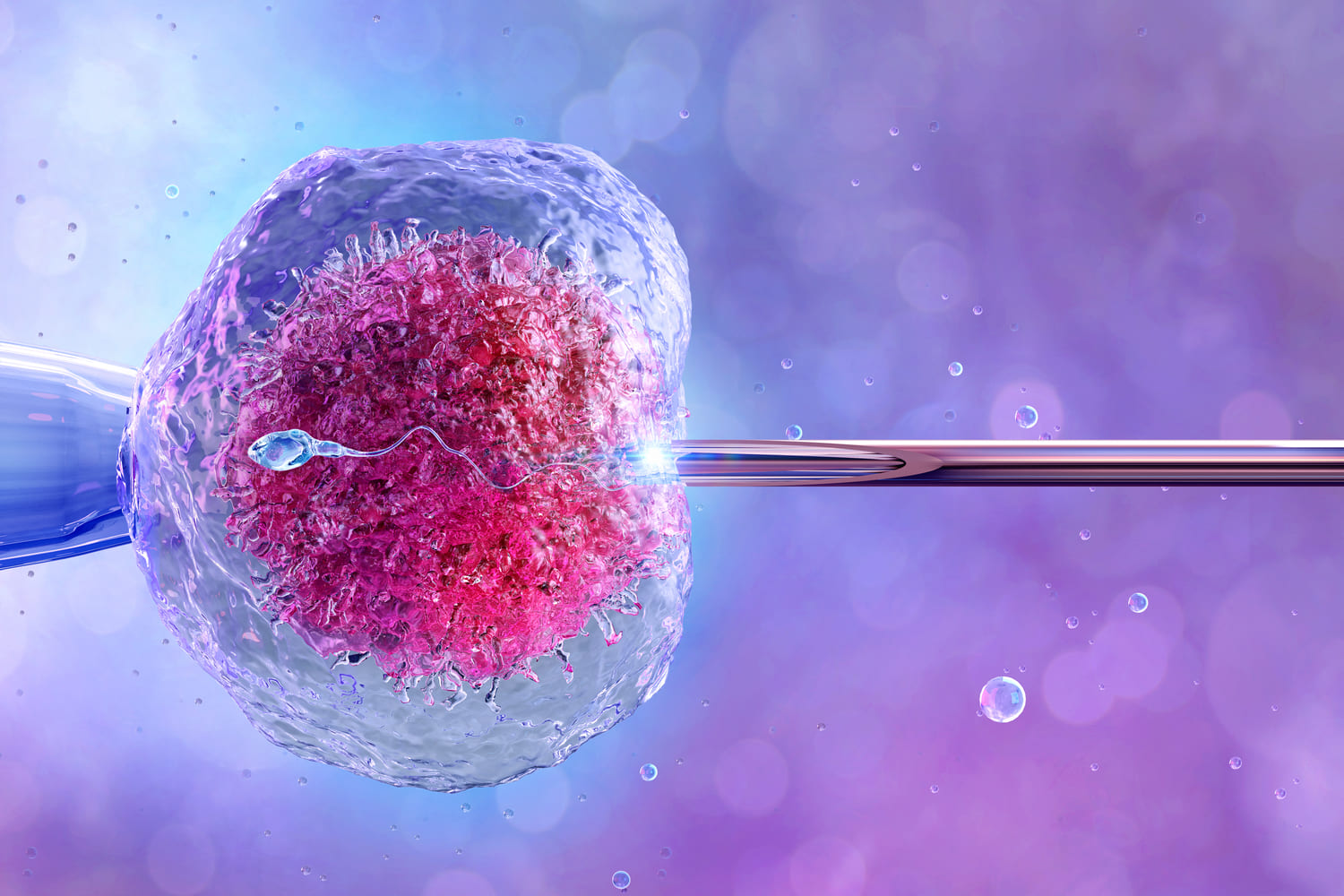Author: Dr. Ekawali Gupta MBBS, MS
Consultant: Obstetrician and Gynaecologist at Motherhood Hospital Mohali
A few moments in life bring sheer happiness and joy; one of those is getting pregnant. If, however, you are diagnosed with a high-risk pregnancy, all these emotions can quickly escalate to worry and concern. According to Dr Ekawali Gupta, MBBS, MS, Consultant Obstetrician and Gynaecologist, high-risk pregnancies may require extra efforts in terms of lifestyle and medications. A lot of women, however, can still have healthy babies with safe outcomes. In such cases, you must meet a high-risk pregnancy doctor in Mohali to plan your pregnancy with utmost care and precautions.
Tips for High-Risk Pregnancy
1. Stay Informed
A high-risk pregnancy refers to a condition wherein anything could potentially harm the health or life of the mother and foetus. Several medical conditions make up a high-risk pregnancy such as high blood pressure during pregnancy, placenta previa, diabetes, having twins, or pre-existing health conditions. Hence, it is important to consult a gynaecologist in Mohali and understand your condition thoroughly.
2. Have a Support System
With a high-risk pregnancy, it’s normal for you to be anxious or worried. Moreover, depending on your condition, you may also experience certain lifestyle changes that require you to scale back on commitments and obligations. In such cases, you need to have strong support from others. Hence, surround yourself with family and friends and communicate your needs. You can also join a pregnancy support group to express your feelings.
3. Create a Plan with Your Gynaecologist in Mohali
Meet high-risk pregnancy doctors in Mohali and create a proactive plan with them. With a plan in hand, you will have a peace of mind. Make sure that you stick to the plan and do not miss any of your prenatal care appointments.
4. Prioritize Yourself
The only way you can get through a high-risk pregnancy is by prioritizing yourself. By making self-care a priority, you will ensure safe outcomes for yourself and your baby. This includes eating a healthy diet, exercising, reducing your exposure to toxins or other harmful environmental factors, getting enough sleep, and avoiding situations causing stress.
5. Listen to Your Body
Your body gives you signs to slow down and relax. Whenever you feel like lying down, lie down. If you feel like taking more rest, allow yourself to rest. During pregnancy, your body works overtime to grow a baby, so you may not have the energy you are used to having. If in case you feel something is not normal, meet a high-risk pregnancy doctor in Mohali at the earliest.
6. Address Mental Health Issues
It is common for you to fidget over high-risk pregnancy. Studies have shown depression to be common for women with pregnancy complications. Hence, it is important to address any difficult feelings that may arise. You can also meet your gynaecologist in Mohali to discuss these feelings and their solutions.
7. Manage Yourself
Stress and anxiety can take a toll on your pregnancy. Hence, it is important to manage yourself for the baby. Staying calm and relaxed will help your overall wellbeing. Despite how difficult things may get, make sure to take some time for the things that you love to do. You can go for a walk, meditate, or join a yoga class. Such activities will divert your mind and take you back to normalcy.
High-risk pregnancies are difficult due to obvious reasons. Women experience a whole range of emotions while going through such pregnancies. Hence, they need to be vocal about their issues and discuss everything with their doctor. If you wish to discuss and consult, visit Dr Ekawali Gupta at the Motherhood Hospitals.
At Motherhood Hospitals, we have a team of experienced supers specialists backed by the latest infrastructure and facilities. We have the best gynaecologist in Mohali. We are experts in handling complex deliveries, gynaecological, and other surgeries including a range of laparoscopic surgeries.
Do take an appointment with the best woman care hospital in Mohali at a centre closest to you. Meet with our doctors who will carry out the required investigations, diagnose the issue and recommend the most appropriate treatment, enabling you to lead an active life.
If you wish to get in touch with Dr. Ekawali Gupta, please book your appointment here.


 Toll Free Number
Toll Free Number
















